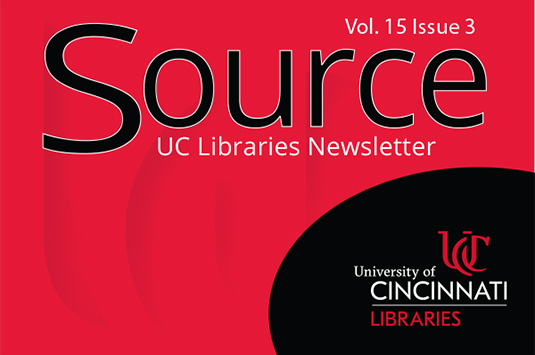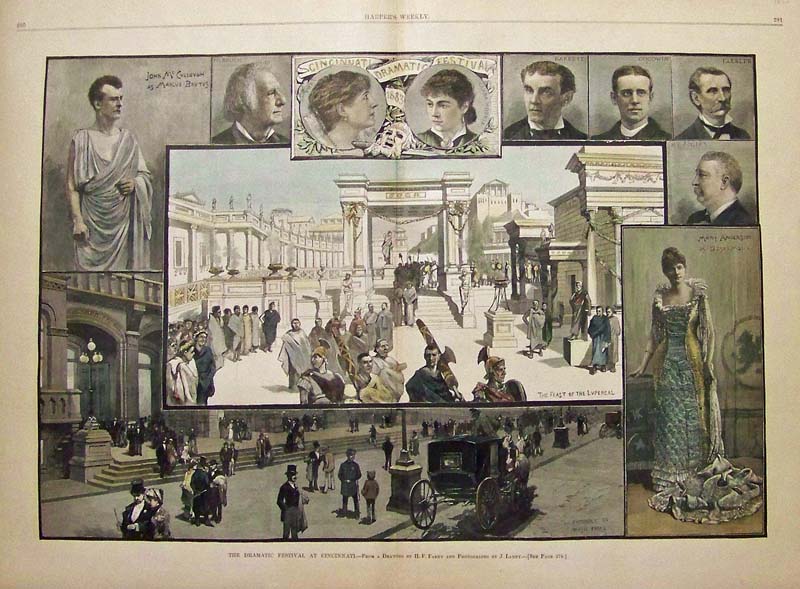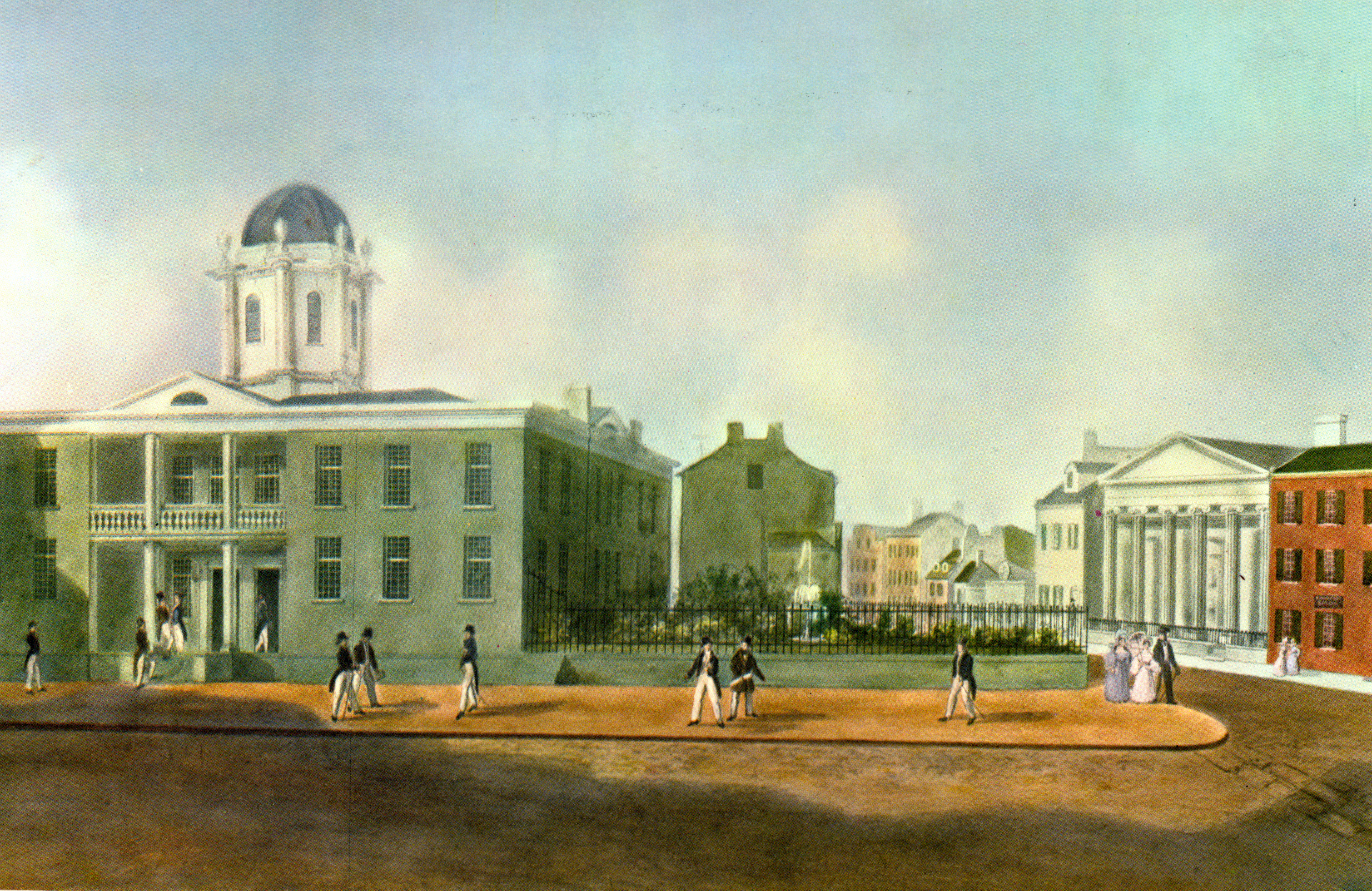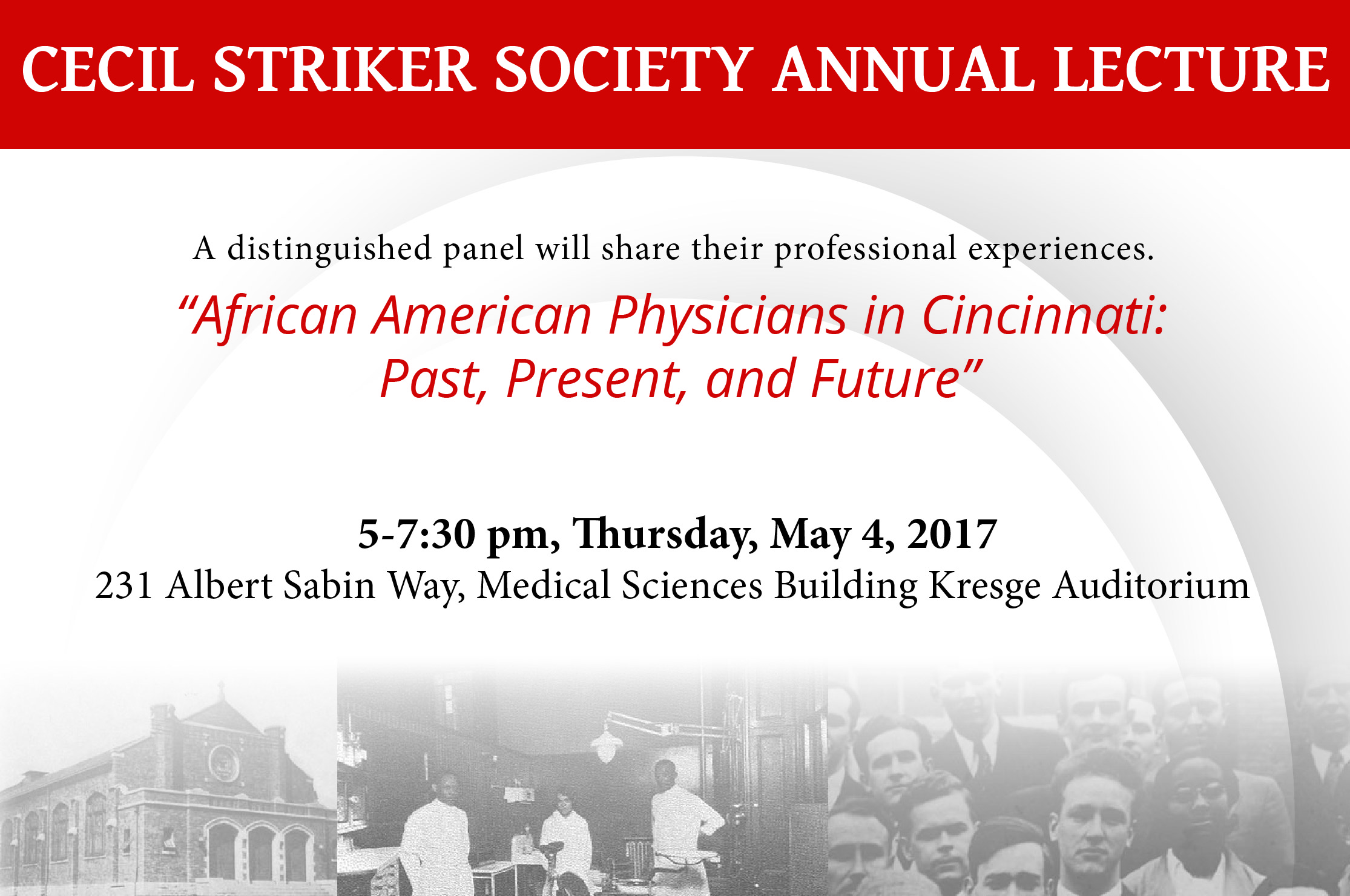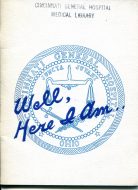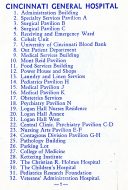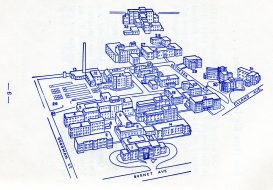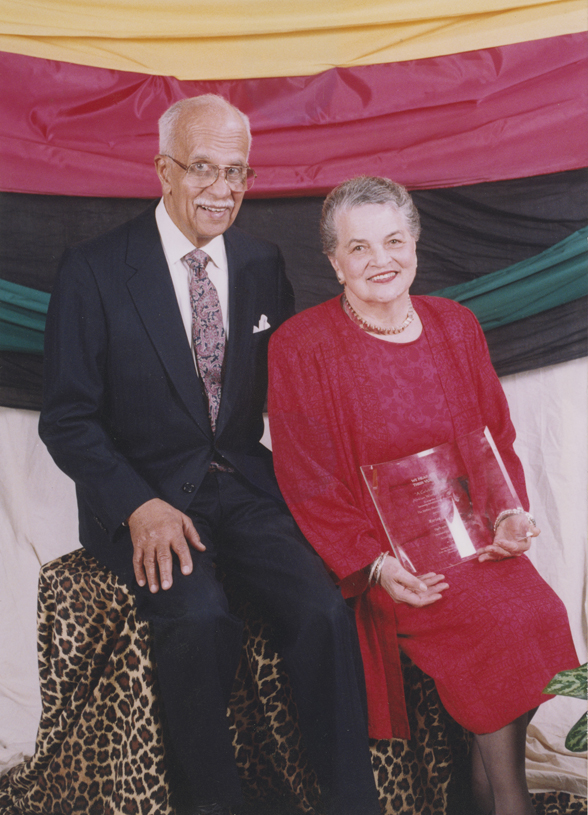By: Kevin Grace
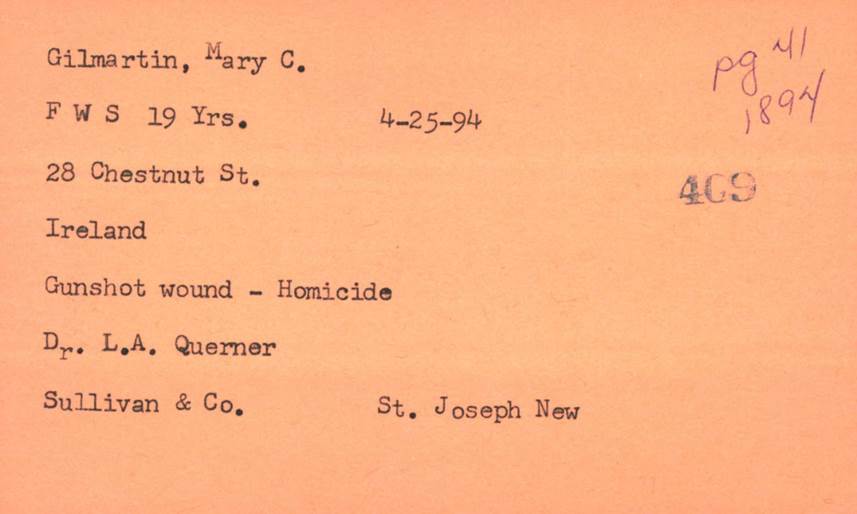 In 1866, dozens of Cincinnatians, many of them veterans of the Civil War, helped launch an unsuccessful Irish invasion of Canada. After capture by British and Canadian forces, these Cincinnati Irish were repatriated and they came home. In 1894, a young Irish immigrant by the name of Mary “Mollie” Gilmartin, living in Cincinnati’s West End, was killed by a man who had stalked her from County Sligo. Mollie was buried without a grave marker and then forgotten for almost a century. In 1908, a little girl from the Avondale neighborhood wrote her Christmas letter to Santa Claus. Elainae, the six-year-old of a wealthy family asked for a doll and for an Irish maid. And in the 1920s, Ireland’s political leader Éamon de Valera came to Cincinnati to raise money for his emerging independent country. The Cincinnati Irish had deep pockets with an abiding connection to their heritage. These are all fairly disparate stories that touch upon just one of the ethnic groups that shaped Cincinnati then, but what meaning is to be found in them now? How are commonalities with other groups, other eras, and other places discovered and studied? Continue reading
In 1866, dozens of Cincinnatians, many of them veterans of the Civil War, helped launch an unsuccessful Irish invasion of Canada. After capture by British and Canadian forces, these Cincinnati Irish were repatriated and they came home. In 1894, a young Irish immigrant by the name of Mary “Mollie” Gilmartin, living in Cincinnati’s West End, was killed by a man who had stalked her from County Sligo. Mollie was buried without a grave marker and then forgotten for almost a century. In 1908, a little girl from the Avondale neighborhood wrote her Christmas letter to Santa Claus. Elainae, the six-year-old of a wealthy family asked for a doll and for an Irish maid. And in the 1920s, Ireland’s political leader Éamon de Valera came to Cincinnati to raise money for his emerging independent country. The Cincinnati Irish had deep pockets with an abiding connection to their heritage. These are all fairly disparate stories that touch upon just one of the ethnic groups that shaped Cincinnati then, but what meaning is to be found in them now? How are commonalities with other groups, other eras, and other places discovered and studied? Continue reading

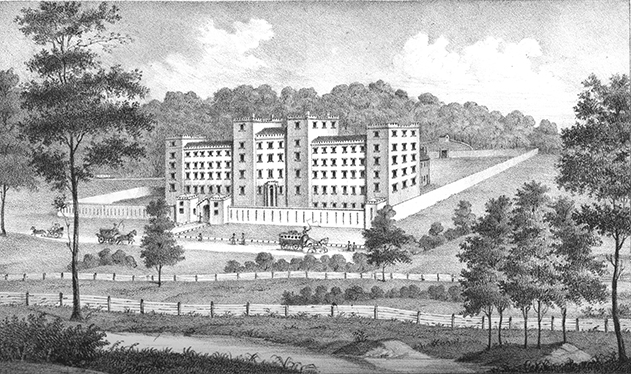
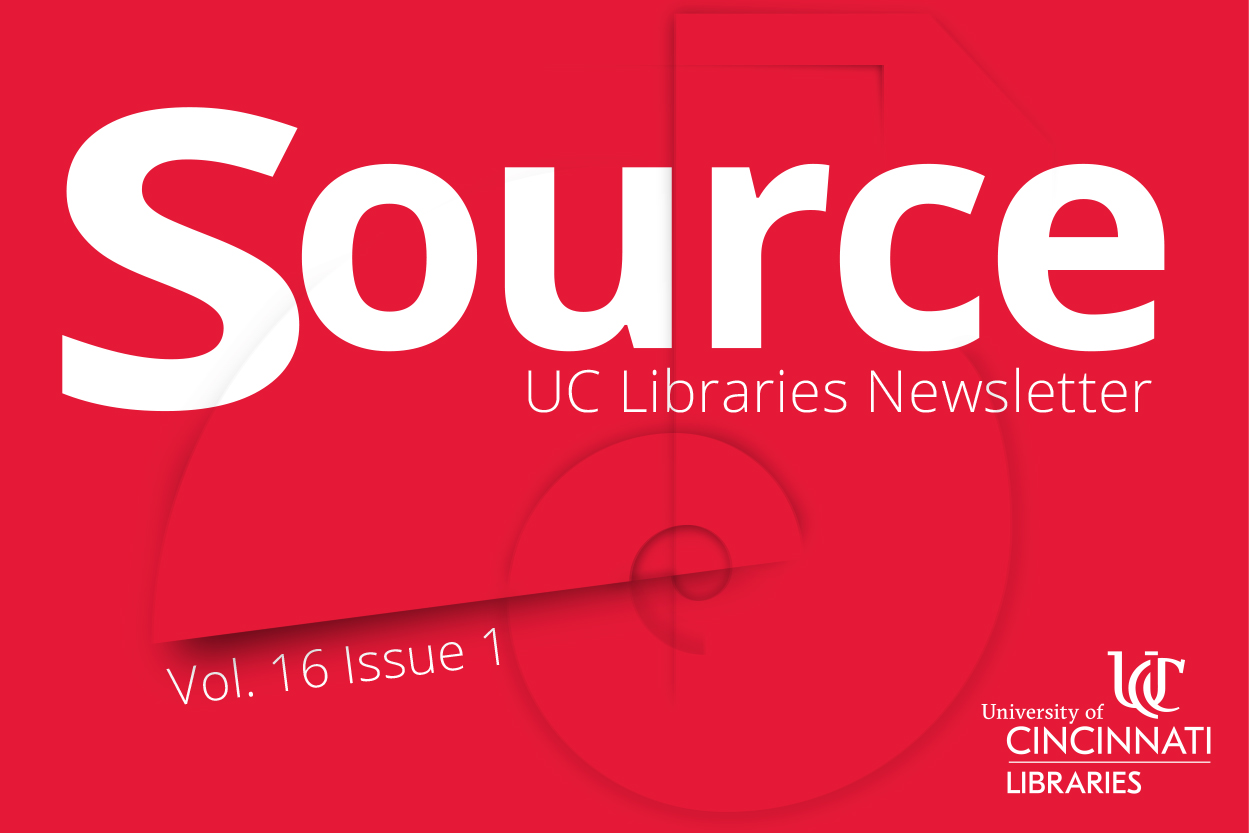 Read Source, the online newsletter, to learn more about the news, events, people and happenings in UC Libraries.
Read Source, the online newsletter, to learn more about the news, events, people and happenings in UC Libraries.